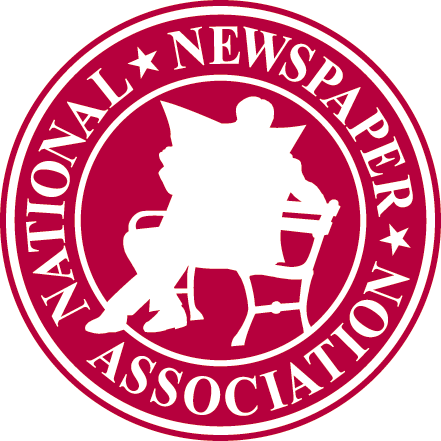“Your Right to Know” is available for publication at no cost.
By Tom Kamenick

Probably the most commonly used — and, in my opinion, abused — exemption in our state’s Open Meetings Law is the one that lets governmental bodies meet behind closed doors “whenever competitive or bargaining reasons require a closed session.”
The exemption, 19.85(1)(e) in Wisconsin state statutes, is used by all manner of public bodies, from city councils to school boards. It is supposed to be used sparingly, when needed to protect ongoing negotiations. But many bodies use this exemption to conceal everything about a potential deal or development, keeping the public in the dark until it is too late for their input.
Thankfully, the Wisconsin Court of Appeals issued a recent opinion, in a case known as Oitzinger v. City of Marinette, that should significantly curtail such abuses. The court ruled that the city’s attempts to use this exemption on two occasions violated the law.
The first involved an agreement (negotiated for months behind the scenes and presented to the common council for the first and only time in that closed session) that released a PFAS polluter from liability in exchange for a “donation” towards equipment to help address the pollution it caused. The second involved an engineering analysis of methods to provide safe drinking water for people whose well water had been contaminated.
Both closed sessions were illegal, the appeals court ruled, because neither included discussions of negotiation strategies that needed to be kept secret. The court’s ruling does three very important things.
First, the court held Marinette officials accountable for their illegal behavior. The plaintiff, Douglas Oitzinger, was a city council member who thought his colleagues had abused this exemption. He was willing to stand up to his colleagues, endure their scorn, and not give up until he won. (His efforts earned him an award from the Wisconsin Freedom of Information Council in 2022.)
Second, the case reaffirms an important principle: The law’s exemption protects bargaining tactics, not all discussions about a possible deal. It exists so that government boards don’t have to negotiate at a disadvantage by divulging their strategies, such as the most it is willing to pay to buy a piece of land. But those kinds of discussions are the only thing that is supposed to happen in closed session. Other discussions — particularly debates about the merits of a course of action — need to be held publicly.
Third, the court emphasized that a board’s members need to cast an informed vote to go into closed session. That means it needs to be explained to them — on the record in open session — what kind of information is going to be discussed and why secrecy is necessary.
Too often, the process for going into a closed session is just a formulaic reading of a vague agenda item and a vote with no explanation or discussion. The court of appeals concluded that more is necessary — not just in this case, but whenever this exemption is invoked.
I believe this is the part of the court’s decision that has the most impact. Government board members usually do this work on a part-time basis for little or no pay. They’re frequently happy to follow the lead of full-time government administrators or experienced board members.
Administrators or presiding officers now must take the time to explain why they want to go into closed session. That will not only provide more information to the public, it will help board members think about and answer the question of whether secrecy is really necessary.
As an advocate for government openness, my hopes are high. I’ve seen reports from around the state that government attorneys are advising their clients about this case and explaining these requirements. I’m hopeful that abuse of this exemption will significantly decline.
Your Right to Know is a monthly column distributed by the Wisconsin Freedom of Information Council (wisfoic.org), a group dedicated to open government. Tom Kamenick, a council member, is the president and founder of the Wisconsin Transparency Project.



